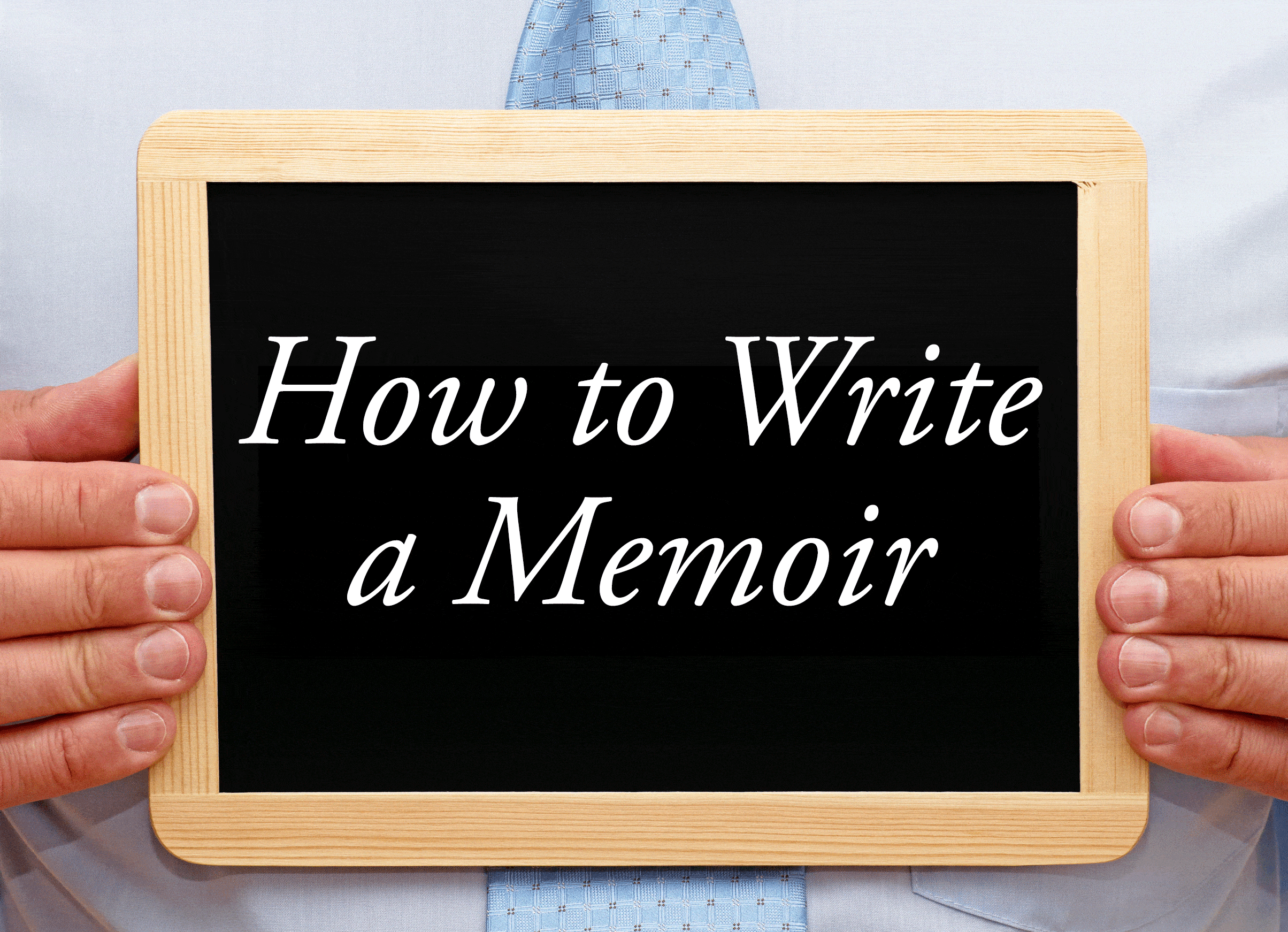How to Write Your Autobiography
How to write your autobiography
Are you struggling to write your autobiography? Not sure where to begin and what to include?
Here are 6 tips to get you started. But before diving into the tips, a few words about autobiography versus memoir are in order.
An autobiography is a book you write about yourself—your life story from the beginning until the present time. It’s a factual presentation of the author’s life, while a memoir is an introspective look at a carefully selected portion of the author’s life.
Autobiographies focus on information and facts, while memoirs emphasize emotions and feelings. For more on the differences, see “Autobiography or Memoir?”
If you’ve decided that you’re truly writing your autobiography, not a memoir, here are the steps to getting started.
<strong>Gather information</strong>
Start with the basic information you already have. Write down all of the facts you can think of regarding your life story. Start with your name, birth date, marriage date, and other significant dates. Do the same for your grandparents, parents, siblings, spouse, and other family members and non-family members who played significant roles in your life. Then write down all you can remember about these people. Be sure to include your impressions of them and how these individuals influenced your life. If you have any pictures, diplomas, letters, newspaper clippings, personal items, or anything else about or belonging to these people, examine them to refresh your memory and add to your basic information.
<strong>Interview</strong>
Talk to family members, relatives, friends, business associates, and anyone else who may have pertinent information. Older relatives can often provide a wealth of information about your parents and grandparents, while your siblings, friends, and associates can remind you of events and conversations you may have forgotten about.
<strong>Use other sources of information</strong>
Depending on what you choose to emphasize in your autobiography, it might be helpful to send away for copies of birth certificates, school records, military records, or other documents that can fill in information gaps.
<strong>Start your story</strong>
The beginning is an excellent place to start, but sometimes the mere thought of starting a lengthy story can be intimidating. You may find it easier to tackle a small piece of the story, then another, then another, and so on. You might, for example, make a list of significant events in your life (for example, the day you met your spouse-to-be, the birth of your first child, your entrance and/or exit from the military, graduating from college, opening your business, leaving your spouse, getting fired, and so on). Then write a short segment about each event. Or you might list the five best and five worst moments in your life and write about them. Or perhaps you might start with the most unusual things that have happened to you. Or you might begin by writing about a particular day in your life, and go on from there. It’s only important that you begin somewhere. You can rearrange and piece it all together later. For more, see “How to Start an Autobiography – 4 Great Examples.”
<strong>Pull it all together</strong>
Now it’s time to put the pieces together to make an interesting story. There is no “best” way to structure and write an autobiography. That being said, many autobiographies start with some words about the family’s history to set the stage for the emergence of the book’s star – you. Your birth is also a good place to begin. For added dramatic effect, you may wish to start with a quick look at your life as it is now, or at some dramatic or impressive event in your adult life, then flashback to the beginning.Some life stories lend themselves to a dramatic or non-chronological approach. Others, however, are best told in a simple, straightforward manner. Whatever works for your story is the best approach.
<strong>Consider developing a theme</strong>
Strictly speaking, you don’t have to have a theme for your autobiography; you can simply recount the most significant and interesting events of your life. However, a theme strengthens and sharpens your story. There are innumerable possible themes, including “how my family shaped my life,” “overcoming adversity,” and “love is a gift.” Your theme will often emerge on its own as you gather material and write about the events in your life. Once you’ve selected your theme, go back through your material and make sure you’ve selected the incidents that support it. These should be emphasized in your book, with the others given less emphasis or even omitted. If, for example, your theme is “the value of service and sacrifice,” you may write just enough about your childhood to cover the basic facts before you get right to the point when you began serving and sacrificing—perhaps the day you joined the military or Peace Corps, began adopting orphans, or committed yourself to raising money for the less fortunate. If your theme is “love is a gift,” you may focus on your relationships with your family, friends, and other people throughout life, giving less attention and space to your education and business.
Not quite sure how to write your autobiography?
Some people produce a fair number of pages, and cover their lives well, but can’t quite bring it all together. Or maybe the language is rough and stilted. In that case, an editor can rearrange and polish your material.
If you find you can’t make yourself write at all, you may want to hire a ghostwriter to do it for you. You can also dictate the events of your life into a tape recorder and have the ghost turn them into an interesting book.
And if you decide you’d prefer to write a memoir, not your autobiography, be sure to read “How to Write a Memoir.”
DO YOU NEED HELP WITH YOUR AUTOBIOGRAPHY OR MEMOIR?

Contact us!
We’re Barry Fox and Nadine Taylor, professional ghostwriters and authors with a long list of satisfied clients and editors at major publishing houses.
If you’d like more information, call us at 818-917-5362 or use the contact form below to send us a message. We’d love to talk to you about your exciting memoir!
Please Note: Although we’re based in Los Angeles, California, we travel around the U.S. and abroad to meet with our authors. We do not ghostwrite screenplays, books for children, poetry, or school papers.
Contact Ghostwriters Barry Fox & Nadine Taylor








